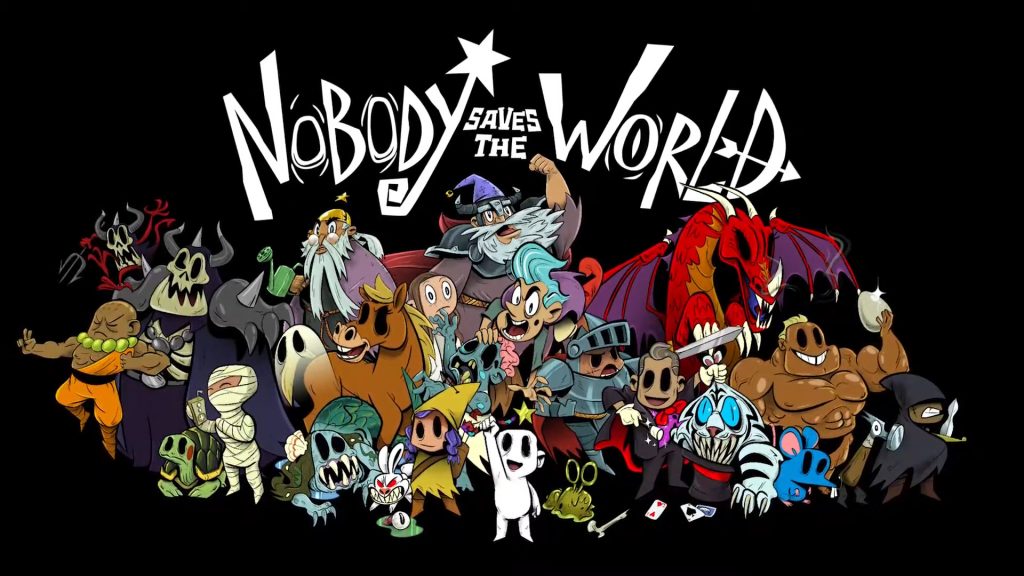

What we appreciate about this system is how there’s always some sort of forward motion taking place, while you’re also incentivized to make full use of all the forms available to you. When a form’s rank goes up, new attacks and passives are unlocked for it, while the shared level increase will result in a bump of your base stats across all forms. If you complete a quest, that form will level up slightly and some experience will also go towards a shared level between all the classes. Each form will usually have two or three available quests at a time that ask you to do basic tasks like killing a certain amount of enemies with a given move or inflicting a debuff on a minimum amount of foes in one cast. Progression advances in a rather interesting non-linear fashion where the only way to accrue experience is through completing various quests.

It’s a relatively mindless combat system at first glance, then, but things are made much more interesting with the integration of the various strengths and weaknesses of each transformation. If you’re overwhelmed by too many enemies or there are a few bigger ones thrown into the mix, you also have a few special attacks you can use that rely on mana generated from your basic attack. Regardless of what transformation you’re using, you’ll have a weak, but effective basic attack that can keep most of them at bay. The unpredictable and somewhat manic gameplay takes the shape of an action-RPG, as you’re accosted at nearly every turn by myriad monsters and wild animals.

Whether you’re helping poorly disguised aliens find their way back to their mothership, finding a way to move up in the ranks of a mutant thief guild, or finding a horse’s one true love, there’s no guessing what goofy scenarios your character will be stumbling into next. Luckily, this proves to be consistently on point, as you embark upon an adventure that rarely takes itself seriously. That does demonstrate a cowardly lack of confidence in their own game, especially when it seems its worst sins are merely that it’s unremarkable and overfamiliar, but it’s a simple marketing calculation that all publishers make.It's hardly a deep narrative, but if you’re familiar at all with Drinkbox’s previous work ( Guacamelee!, Severed, Guacamelee! 2), then you probably already know that the humor is more of the focus here. The obvious question, then, is why don’t Activision want the game to be reviewed? The most straightforward answer to that is that a good review will help the game relatively little, while a bad one would have a much more significant effect – especially if it was published before launch. Even the most controversial Call Of Duty games, like 2016’s Infinite Warfare, are still competently made shooters and there was clearly never any danger of Vanguard being an actively bad game. Meanwhile, IGN only has a review in progress and describes the game as ‘a fun, truly cinematic campaign that lacks variety’.Īll of which is probably exactly what you would have guessed, given the marketing and previews so far. Gamespot give it a 7/10 and tells readers that ‘you pretty much know what you’re getting’. Looking at the few reviews that are up already, Eurogamer, the only UK site to have a review today, describes it as a ‘decent stop-gap for those waiting for Modern Warfare’s return’. It’s certainly an unexpected choice as, from what we’ve seen so far, the game doesn’t seem to do anything new with the setting, other than the virtue of having so many different locations.


 0 kommentar(er)
0 kommentar(er)
